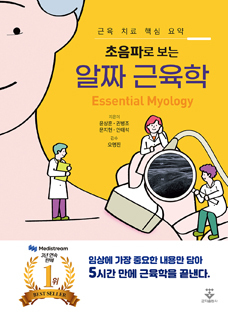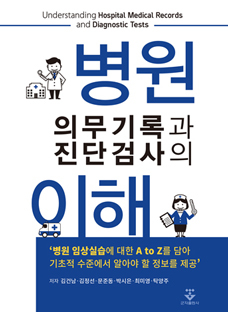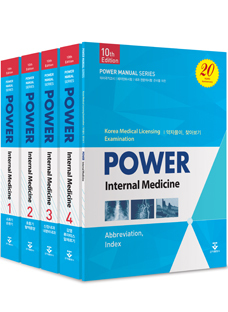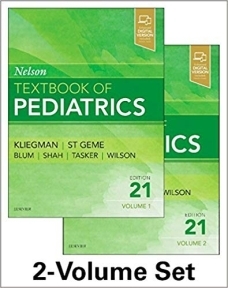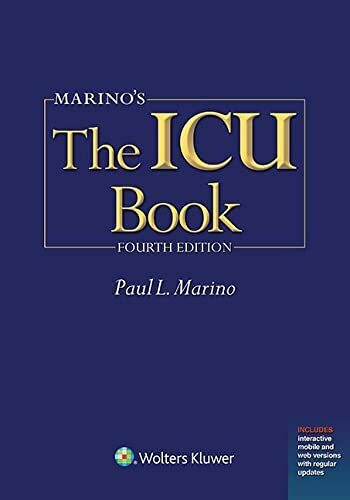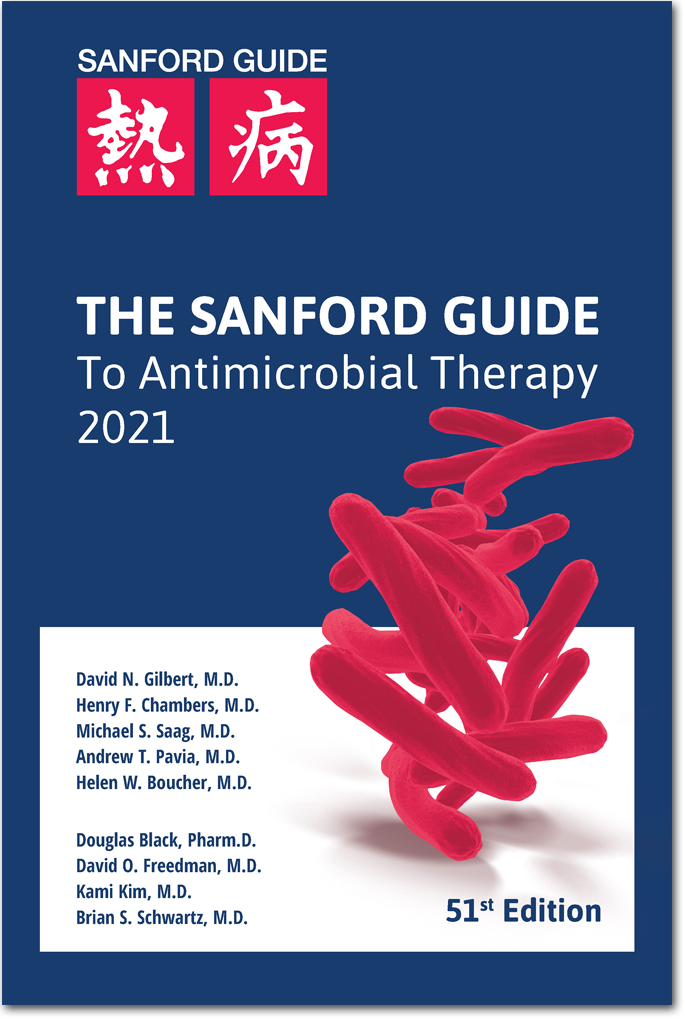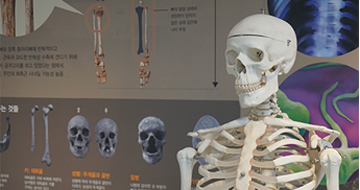Evolution, Sources, and Functions of Antioxidant Systems
Introduction
Evolution of Antioxidant Systems Antioxidant Systems
Antioxidant Systems
Brief History of Discovery of Some Micronutrients
Sources and Forms of Vitamins
Solubility of Antioxidants and Polyphenols
Distribution of Antioxidants in the Body
Storing of Antioxidants
Can Antioxidants Be Destroyed during Cooking?
Absorption of Antioxidant and Its Significance
Functions of Individual Antioxidants
Current Controversies about Antioxidants in Prevention of Chronic Diseases
Antioxidant Defense Systems
Known Functions of Antioxidants and Polyphenolic Compounds
Conclusions
Oxidative Stress and Inflammation: Their Reduction by Micronutrients
Introduction
Oxidative Stress
Oxidation and Reduction Processes
How to Reduce Oxidative Stress Optimally
Factors Regulating Response of Nrf2
Differential Response of Nrf2 to ROS Stimulation during Acute and Chronic Oxidative Stress
Interpretation of Inhibition of Exercise-Induced Nrf2 Activation by Individual Antioxidant
NAC-Effects on Murine Alveolar Cells in Culture
Activation of Nrf2 by Diet Restriction
Inflammation
Types of Inflammation
Products of Inflammatory Reactions
How to Reduce Chronic Inflammation Optimally
Conclusions
Etiology of Alzheimer’s Disease: Prevention and Improved Management by Micronutrients
Introduction
Prevalence, Incidence, and Cost of AD
Cost of Health and Long-Term Care Services
Types of Dementia
Neuropathology of AD
Causes of AD
External Risk Factors for the Development of AD
Internal Risk Factors for Development and Progression of AD
Mitochondrial Dysfunction
Generation and Aggregation of Aβ1–42 Peptides from APP
Cholesterol-Induced Generation of Beta-Amyloids
Mutated APP, Presenilin-1, and Presenilin-2 Genes Cause Increased Production of Beta-Amyloids
Increased Levels of Markers of Chronic Inflammation in AD
P-Tau Protein in AD
Proteasome Inhibition-Induced Neurodegeneration in AD
Genetic Defects in Idiopathic AD
Neuroglobin
How to Reduce Oxidative Stress Optimally
Differential Response of Nrf2 to ROS Stimulation during Acute and
Chronic Oxidative Stress
Nrf2 in AD
Laboratory and Clinical Studies with Antioxidants in AD
B Vitamins
Polyphenolic Compounds
Prevention of AD
Problems of Using a Single Nutrient in AD
Rationale for Using Multiple Micronutrients in AD
Rational for Using Low-Dose NSAID in AD Prevention
Can the Familial AD Be Prevented or Delayed?
Recommended Micronutrients in Combination with Low-Doses of
NSAID for Primary Prevention of AD
Recommended Micronutrients in Combination with Low-Doses of
NSAID for Secondary Prevention
Current Treatments of AD
Recommended Micronutrients and Low Dose of NSAID in Combination with
Standard Therapy in Patients with Dementia with or without AD
Diet and Lifestyle Recommendations for AD
Conclusions
Etiology of Parkinson’s Disease: Prevention and Improved Management by Micronutrients
Introduction
Prevalence and Incidence
Cost
Neuropathology and Symptoms
Causes of PD
External Factors That Influence Risk of Developing PD
Internal Factors Influencing Development and Progression of PD
Increased Oxidative Stress in PD
Mitochondrial Dysfunction in PD
Increased Chronic Inflammation in PD
Mutations or Overexpression in PD-Related Genes
DJ-1 Gene
Alpha-Synuclein Gene
PTEN-Induced Putative Kinase 1 Gene
Parkin Gene
Mutation in Lysosomal Gene SMPD1
Proteomic Profiling of Substantia Nigra in PD
How to Reduce Oxidative Stress Optimally
Differential Response of Nrf2 to ROS Stimulation during Acute and Chronic Oxidative Stress
Nrf2 in Parkinson’s Disease
Laboratory and Human Studies in PD after Treatment with
Antioxidants and Polyphenolic Compounds
Studies on In Vitro PD Models
Studies on Human PD
NAD/NADH
Prevention of PD
Problems of Using Single Antioxidant in PD Patients
Rationale for Using Multiple Micronutrients in PD
Rationale for Using NSAID in PD Prevention
Can the Familial PD Be Prevented or Delayed?
Recommended Micronutrient Supplement in Combination with
Low Doses of NSAID for Primary Prevention of PD
Recommended Micronutrients in Combination with Low Doses of
NSAID for Secondary Prevention
Treatments of PD
Rationale for Using Micronutrient Supplement and NSAID in
Combination with Standard Therapy in PD Patients
Recommended Micronutrient Supplement and Low Doses of NSAID in
Combination with Standard Therapy in PD Patients
Diet and Lifestyle Recommendations for PD
Conclusions
Huntington’s Disease: Prevention and Improved Management by Micronutrients
Introduction
Incidence, Prevalence, and Cost
Huntington Gene
Symptoms and Neuropathology of HD
Animal Models of HD
Increased Oxidative Stress in HD
Mitochondrial Dysfunction in HD
Increased Chronic Inflammation in HD
Glutamate-Induced Neurotoxicity in HD
Glutamate Transporter Proteins in HD
Neurotransmitter Receptors
Kynurenine Pathway in HD
Protection by Growth Factors in HD
Tranx_scriptional Deregulation in HD
Calretinin Protein Protects Neurons in HD
Reduced Acetylcholine Release in HD
How to Reduce Oxidative Stress Optimally
Differential Response of Nrf2 to ROS Stimulation during Acute and Chronic Oxidative Stress
Nrf2 in HD
Laboratory and Clinical Studies on Antioxidants and Polyphenolic Compounds
Problems of Using a Single Antioxidant in HD Patients
Rationale for Using Multiple Antioxidants in a Micronutrient Preparation
Can the HD Be Prevented or Delayed?
Prevention and/or Delaying the Onset of HD
Proposed Prevention and/or Delaying Strategies for the Onset of HD
Current Treatments of HD
Medications for Psychiatric Disorders
Clinical Studies with Additional Drugs in HD
Recommended Micronutrients in Combination with Standard Therapy
Recommendations for Diet and Lifestyle Changes
Conclusions
References
Etiology of Post-traumatic Stress Disorders: Prevention and Improved Management by Micronutrients
Introduction
Prevalence, Incidence, and Cost of PTSD
Neuropathology
Major Biochemical Events
How to Reduce Oxidative Stress, Chronic Inflammation, and Glutamate Release
Differential Response of Nrf2 to ROS Generated during Acute and Chronic Oxidative Stress
Nrf2 in PTSD
Activation of Nrf2 by Diet Restriction
Studies on Antioxidants in PTSD
Proposed PTSD Prevention Studies
Problems of Using Single Micronutrient in PTSD
Rationale for Using Multiple Micronutrients in PTSD Prevention
Proposed Micronutrients for Primary PTSD Prevention
Toxicity of Ingredients in Proposed Micronutrient Preparation
Proposed Micronutrients for Secondary Prevention in High-Risk Populations
Current Standard Therapy for PTSD
Recommended Micronutrients in Combination with Standard Therapy in PTSD
Diet and Lifestyle Recommendations for PTSD
Conclusions
Traumatic Brain Injury: Improved Management by Micronutrients
Introduction
Incidence and Cost of TBI
Causes of Severe TBI
Symptoms
Neuropathology
Scoring System of Severity of TBI
Risk of PTSD Associated with TBI
Biochemical Events That Contribute to the Progression of Damage after Severe TBI
Evidence for Increased Oxidative Stress after Severe TBI
Mitochondrial Dysfunction after Severe TBI
Evidence for Increased Levels of Markers of Inflammation after Severe TBI
Evidence for Increased Release of Glutamate after Severe TBI
Role of Matrix Metalloproteinases after Severe TBI
How to Reduce Oxidative Stress, Chronic Inflammation, and Glutamate Release
Differential Response of Nrf2 to ROS Generated during Acute and Chronic Oxidative Stress
Nrf2 in TBI
Studies on Effects of Single Antioxidants after Severe TBI
Effects of Preparation of Multiple Micronutrients in Troops with TBI
Antioxidants Reduce Glutamate Release
Prevention Strategies for Severe TBI
Problems of Using Single Micronutrients after Severe TBI
Rationale for Using Multiple Micronutrients for Reducing the Progression of TBI
Proposed Micronutrients for Primary Prevention of TBI
Toxicity of Ingredients in Proposed Micronutrient Preparation
Proposed Micronutrients for Secondary Prevention in Combination with Standard Therapy
Diet and Lifestyle Recommendations for Severe TBI
Conclusions
Concussive Brain Injuries: Prevention and Improved Management by Micronutrients
Introduction
Incidence
Cost
Causes and Symptoms of Concussive Injury
Long-Term Health Consequences of Concussions
Increased Oxidative Stress and Inflammation
How to Reduce Oxidative Stress, Chronic Inflammation, and Glutamate Release
Differential Response of Nrf2 to ROS Generated during Acute and Chronic Oxidative Stress
Nrf2 in Concussive Brain Injury
Prevention Strategies for Concussive Injury
Problems of Using Single Micronutrients in Concussive Injury
Rationale for Using Multiple Micronutrients for Reducing
Development and Progression of Concussive Injury
Evidence Supporting Effectiveness of Micronutrient Preparation
Proposed Micronutrients for Primary Prevention of Concussive Injury
Toxicity of Ingredients in Proposed Micronutrient Preparation
Proposed Micronutrients for Secondary Prevention in Combination with
Standard Therapy after Concussions
Recommended Micronutrient Preparation before and after Concussive
Injury for High School Athletes
Recommended Micronutrient Preparation before and after Concussive
Injury for Professional/College Sports
Concept of PAMARA (Protection as Much as Reasonably Achievable)
Conclusions
Cerebrovascular Insufficiency: Improved Management by Micronutrients
Introduction
Incidence and Cost
Classifications
Sensitivity of Brain Cells to Ischemic/Reperfusion Injury
Increased Oxidative Stress
Increased Inflammation
Increased Glutamate Release
How to Reduce Oxidative Stress Optimally
Differential Response of Nrf2 to ROS Stimulation during Acute and Chronic Oxidative Stress
Nrf2 in Ischemic/Reperfusion Injury
Protection of Brain Injury by Antioxidants in Animal Models
Polyphenolic Compounds in Animal Models
Protection of Brain Injury by Antioxidants in Humans
Problems of Using a Single Micronutrient during Ischemia/Reperfusion Injury
Rationale for Using Multiple Micronutrients in Reducing Brain
Damage after Ischemic/Reperfusion Injury
Reducing Brain Damage after Ischemia/Reperfusion Injury
Recommended Micronutrients for Reducing Brain Damage
during Acute Phase of Ischemic/Reperfusion Injury
Toxicity of Micronutrients
Recommended Micronutrients for Reducing Brain Damage during
Chronic Phase of Ischemic/Reperfusion Injury
Diet and Lifestyle Recommendations for Patients with Ischemia/Reperfusion Injury
Conclusions
References
Recommended Dietary Allowances/Dietary Reference Intakes/Tolerable Upper Intake Level of Selected Micronutrients
Introduction
RDA (Recommended Dietary Allowances )
DRI (Dietary Reference Intake)
AI (Adequate Intake)
UL (Tolerable Upper Intake Level)
Conclusions




